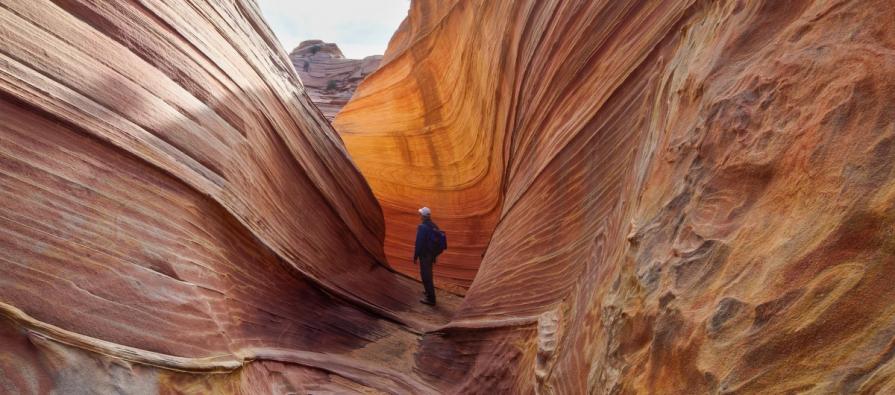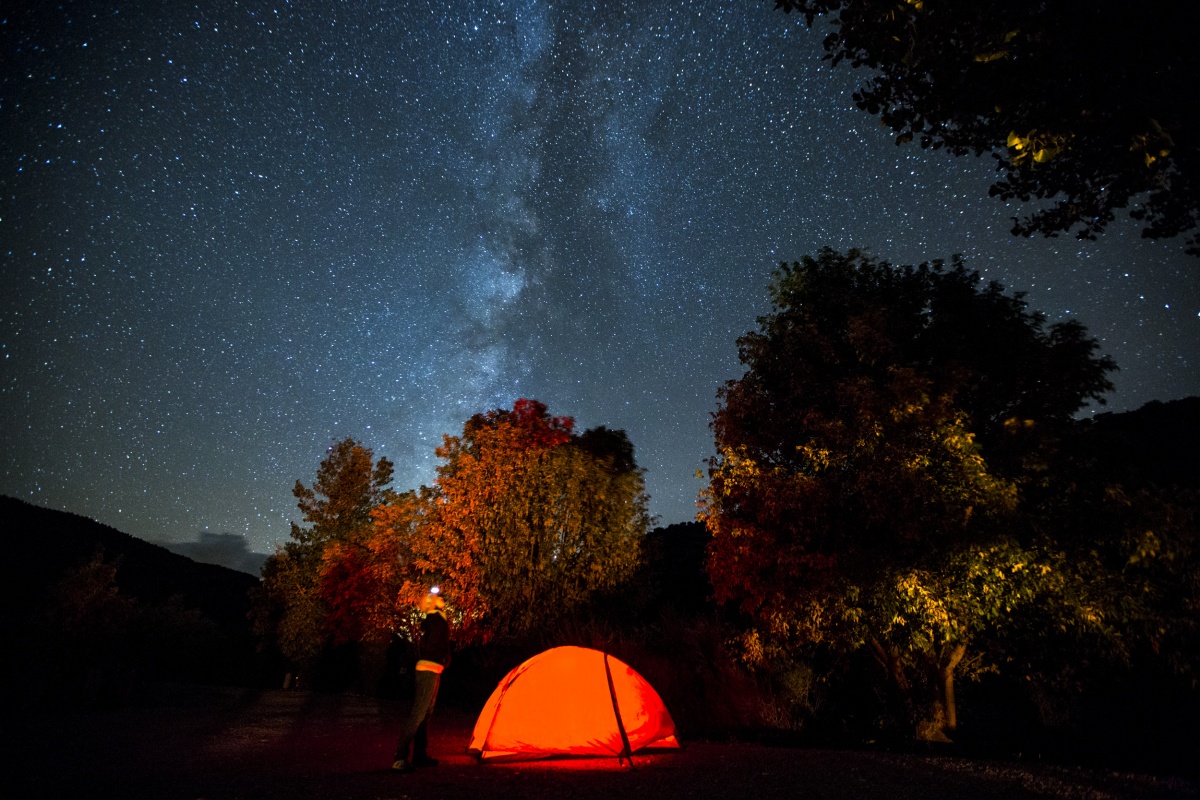Recreation Permits and Fees

The unique and diverse natural landscapes and visitor facilities on BLM-managed lands are among America’s greatest treasures. Ensuring that the public lands provide exceptional recreational facilities, services, and opportunities requires adequate financial support to respond to increasing visitor demand. Recreation fee revenues are a critical source of funding to meet these needs.
The BLM retains and expends 100% of collected recreation fees for maintenance, improvements and visitor services at the site or area in which they are collected. Through the Federal Lands Recreation Enhancement Act (FLREA), the BLM and other Federal agencies - including the U.S. Forest Service, National Park Service, Bureau of Reclamation, and the U.S. Fish and Wildlife Service - collect recreation fees on a small percentage of the lands they manage, in order to maintain and improve the quality of visitor services and amenities.
FLREA allows recreation fees to be collected at areas which provide a minimum standard of services and amenities, called Standard and Expanded Amenities, as well as issuing permits authorizing a variety of uses of public lands and waters. The BLM implements FLREA through the following types of permits and related fees:
- Special Recreation Permits
The BLM is committed to offering outstanding recreation opportunities to the public while ensuring good stewardship of public lands and resources. Special Recreation Permits (SRPs) are issued to ensure public health and safety, protect natural and recreational resources, reduce user conflicts, achieve recreation and other resource management objectives, and enhance the public’s opportunity for quality recreation experiences.
SRPs are authorizations for commercial use, competitive events, group activities, recreation events, and providing vending services or supplies associated with recreation events. These permits include conditions of use (stipulations) that ensure that the permitted recreation use meets BLM’s goals of providing opportunities for recreation experiences, and ensure that the use is consistent with other resource management objectives. SRPs also ensure that the public receives a fair-value return for certain recreational uses of the public lands, by charging fees for permitted activities, and provides for economic development in surrounding communities through sustainable recreation uses.
- Recreation Use Permits
Developed day use areas, visitor centers and some National Conservation Areas charge standard amenity fees, while developed campgrounds charge expanded amenity fees. The method of payment depends on the particular site, but commonly includes; fee envelope at the site, through a visitor contact station or visitor center, through an online reservation system, or by other electronic means. Check the Visit pages before you go to learn more. Visitors may also purchase recreation passes that cover standard amenity recreation fees and some expanded amenity fees.
- Individual Special Recreation Permits
These permits are issued when extra measures are required for natural and cultural resource protection, or to provide for the health and safety of visitors. They may also be used to disperse recreation use or help ensure that the number of visitors does not exceed the capacity of the land or adversely affect the visitor experience.
- FLREA Revenue and Spending Plans
The Federal Lands Recreation Enhancement Act (FLREA) allows the BLM to collect recreation fees at sites and areas that provide certain amenities, and the BLM then uses these fees to maintain and improve these sites. Learn more about the BLM's use of fee revenue: FLREA Revenue and Spending Plans
- Business Plans
BLM requires each recreation fee site or area to complete a business plan which analyzes and explains how fees are consistent with criteria set forth in the Federal Lands Recreation Enhancement Act. Business plans assist in determining appropriate fee rates, outline the cost of administering fee sites, and identify priorities for future expenditures. A primary purpose of the business plan is to serve as public notification of the objectives for use of recreation fee revenues and to provide the public an opportunity to comment on these objectives before a fee site is designated, or when existing site fees are adjusted.

